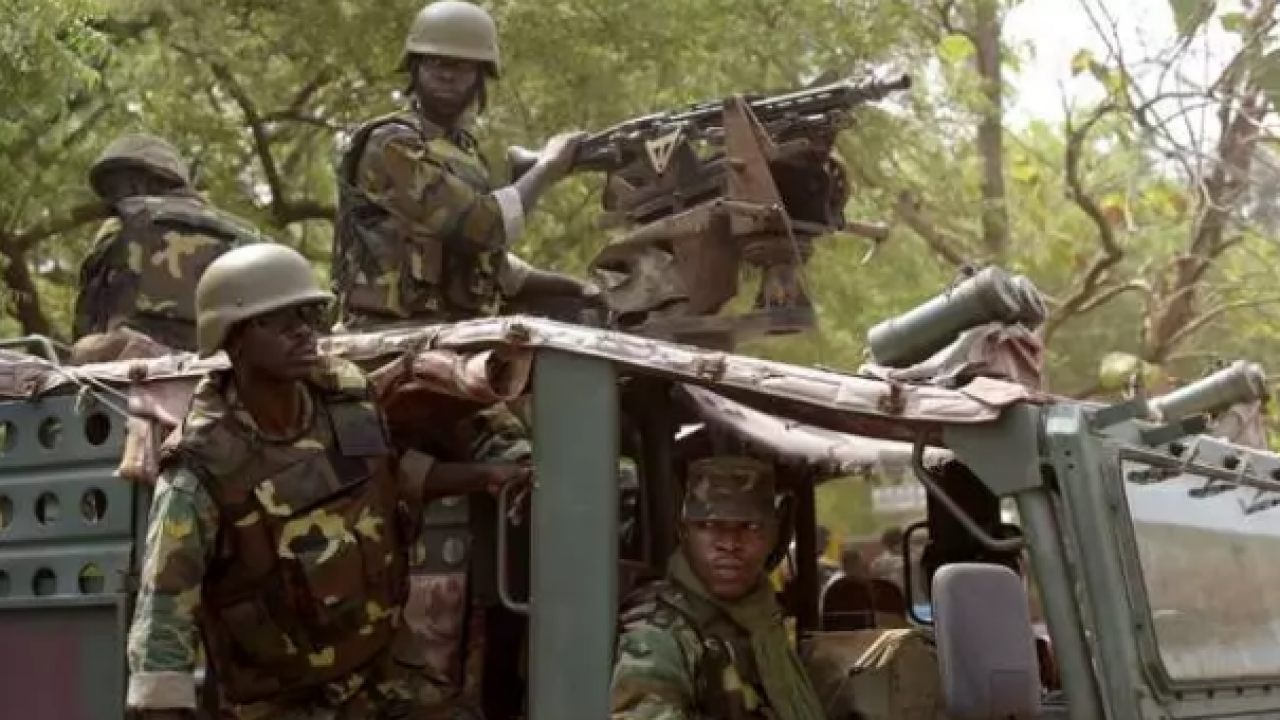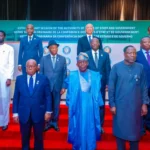On July 26, Niger’s presidential guard overthrew President Mohamed Bazoum in a coup.
This event led to the Economic Community of West African States (ECOWAS) imposing sanctions and urging the coup leaders to restore Bazoum as the legitimate president or face possible military intervention.
If ECOWAS makes good its threat, it would not be the first instance of the 15-member regional bloc intervening in conflicts concerning its member states.
The Economic Community of West African States Monitoring Group (ECOMOG), the military arm of ECOWAS, was formed in 1990 to regularly intervene in conflicts within the region.
Your sanctions unjustified, Niger Coup Leader tackles ECOWAS
Insecurity: Defence minister demands timeline from service chiefs
Daily Trust revisits seven instances of such military interventions.
Liberia 1990
In 1989, Charles Taylor spearheaded a militia that rebelled against the Liberian government, sparking a civil war in the country. As a result, in 1990, the regional bloc took an unprecedented step by intervening.
The initial ECOMOG contingent, consisting of 3,000 troops, was assembled from personnel drawn from Nigeria, The Gambia, Ghana, Guinea, and Sierra Leone, with Mali also providing additional soldiers.
The mission ultimately succeeded in securing peace, and the troops remained in Liberia until 1996 when the war ended.
Sierra Leone, 1997
In 1997, after the military coup that toppled the elected government of Ahmed Tejan Kabbah, ECOMOG moved part of its personnel from Monrovia to Freetown to recapture the city from the Revolutionary United Front (RUF).
Under the command of Nigerian troops, ECOMOG launched an attack in February 1998 that led to the fall of the military regime and the restoration of Kabbah as the country’s leader.
Guinea Bisau, 1999
ECOMOG was deployed to Guinea-Bissau in 1998 after hostilities broke out following an attempted coup. The fighting was between government forces backed by Senegal and Guinea, and coup leaders who had control of the armed forces.
A peace agreement was reached in November 1998, calling for a national unity government and new elections in 1999. However, the agreement was not implemented, and fighting resumed in May 1999.
In November 1999, a new peace accord was signed in Abuja. This accord stipulated the withdrawal of Senegalese and Guinean troops, and the deployment of ECOMOG forces to ensure peace.
Cote D’Ivoire, 2003
Following a ceasefire agreement between the Ivorian armed forces and rebel groups in 2003, ECOWAS sent troops to Côte d’Ivoire (ECOMICI) to support the United Nations and French troops.
Liberia, 2003
The second Liberian civil war forced regional troops to return to the country. The first civil war had brought Charles Taylor to power, but the second war, which lasted from 1999 to 2003, led to his exit.
This time, ECOWAS deployed a force of 3,500 troops under the ECOWAS Mission in Liberia (ECOMIL). Most of the troops came from Nigeria. They served as an interposition force, keeping the warring parties apart and paving the way for the arrival of the United Nations Mission in Liberia (UNMIL).
Mali, 2013
In 2012, a coup in Mali led to a breakdown of order. Armed groups took advantage of the chaos and overran the north of the country.
In 2013, ECOWAS led the African-led International Support Mission in Mali (AFISMA) to support the Malian government in the fight against rebels.
The mission was authorised by a UN Security Council resolution and had an initial mandate of one year. Nigeria contributed most of the troops, but a host of other West African countries, including Gabon, Ivory Coast, Niger, and Burkina Faso, also supported the mission.
AFISMA eventually gave way to the UN Multidimensional Integrated Stabilisation Mission in Mali (MINUSMA).
The Gambia, 2017
In a military intervention codenamed “Operation Restore Democracy,” ECOWAS troops led by Senegal entered Banjul to force Yahya Jammeh to step down after he refused to concede defeat to Adama Barrow in the 2016 presidential election.
Barrow was sworn in as president at the Gambian Embassy in Dakar and requested ECOWAS military intervention. The troops ensured a smooth transition of power within three days.
The mission was later renamed the ECOWAS Mission in The Gambia (ECOMIG) and ended in December 2021.

 Join Daily Trust WhatsApp Community For Quick Access To News and Happenings Around You.
Join Daily Trust WhatsApp Community For Quick Access To News and Happenings Around You.

